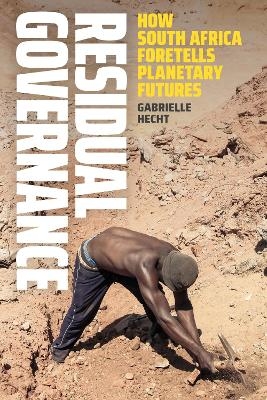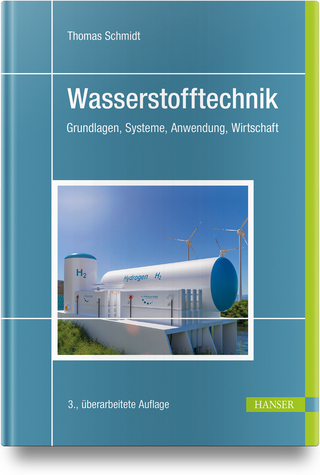
Residual Governance
How South Africa Foretells Planetary Futures
Seiten
2023
Duke University Press (Verlag)
978-1-4780-2494-1 (ISBN)
Duke University Press (Verlag)
978-1-4780-2494-1 (ISBN)
Diving in to the history of South African gold and uranium mining, Gabrielle Hecht shows how forms of state governance and the fight for infrastructural and environmental justice tell a global story of racial capitalism and the Anthropocene.
In Residual Governance, Gabrielle Hecht dives into the wastes of gold and uranium mining in South Africa to explore how communities, experts, and artists fight for infrastructural and environmental justice. Hecht outlines how mining in South Africa is a prime example of what she theorizes as residual governance—the governance of waste and discard, governance that is purposefully inefficient, and governance that treats people and places as waste and wastelands. She centers the voices of people who resist residual governance and the harms of toxic mining waste to highlight how mining’s centrality to South African history reveals the links between race, capitalism, the state, and the environment. In this way, Hecht shows how the history of mining in South Africa and the resistance to residual governance and environmental degradation is a planetary story: the underlying logic of residual governance lies at the heart of contemporary global racial capitalism and is a major accelerant of the Anthropocene.
In Residual Governance, Gabrielle Hecht dives into the wastes of gold and uranium mining in South Africa to explore how communities, experts, and artists fight for infrastructural and environmental justice. Hecht outlines how mining in South Africa is a prime example of what she theorizes as residual governance—the governance of waste and discard, governance that is purposefully inefficient, and governance that treats people and places as waste and wastelands. She centers the voices of people who resist residual governance and the harms of toxic mining waste to highlight how mining’s centrality to South African history reveals the links between race, capitalism, the state, and the environment. In this way, Hecht shows how the history of mining in South Africa and the resistance to residual governance and environmental degradation is a planetary story: the underlying logic of residual governance lies at the heart of contemporary global racial capitalism and is a major accelerant of the Anthropocene.
Gabrielle Hecht is Professor of History at Stanford University, author of Being Nuclear: Africans and the Global Uranium Trade and The Radiance of France: Nuclear Power and National Identity after World War II, and editor of Entangled Geographies: Empire and Technopolitics in the Global Cold War.
Abbreviations ix
Notes of Usage xi
Introduction. The Racial Contract is Technopolitical 1
1. You Can See Apartheid from Space 19
2. The Hollow Rand 47
3. The Inside-Out Rand 85
4. South Africa’s Chernobyl? 129
5. Land Mines 163
Conclusion. Living in a Future Way Ahead of Our Time 197
Acknowledgments 209
Notes 215
Bibliography 237
Index 259
| Erscheinungsdatum | 18.10.2023 |
|---|---|
| Zusatzinfo | 87 illustrations, including 85 in color |
| Verlagsort | North Carolina |
| Sprache | englisch |
| Maße | 152 x 229 mm |
| Gewicht | 544 g |
| Themenwelt | Naturwissenschaften ► Biologie ► Ökologie / Naturschutz |
| Technik ► Bergbau | |
| ISBN-10 | 1-4780-2494-1 / 1478024941 |
| ISBN-13 | 978-1-4780-2494-1 / 9781478024941 |
| Zustand | Neuware |
| Informationen gemäß Produktsicherheitsverordnung (GPSR) | |
| Haben Sie eine Frage zum Produkt? |
Mehr entdecken
aus dem Bereich
aus dem Bereich
Grundlagen, Systeme, Anwendung, Wirtschaft
Buch | Hardcover (2024)
Carl Hanser (Verlag)
CHF 139,95


